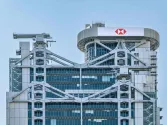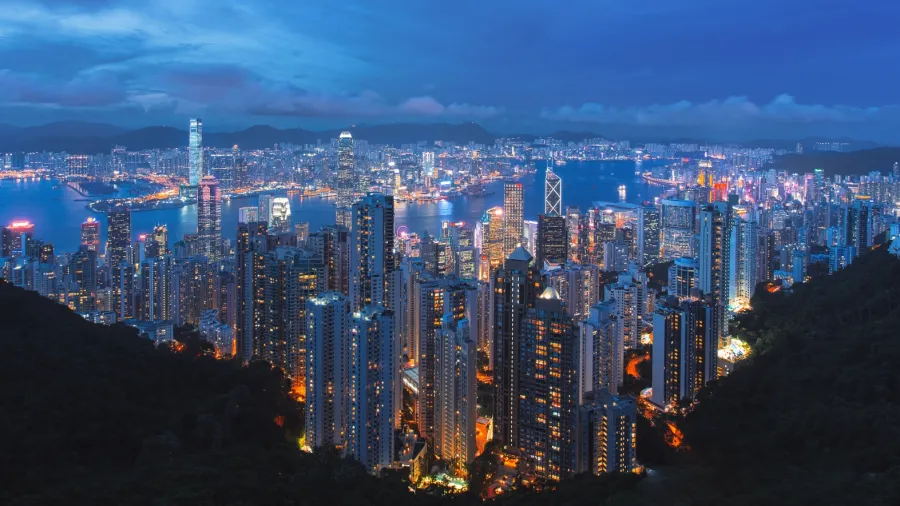
HK cuts hotel quarantine period down to 3 days
This will be followed by a 4-day medical surveillance.
The Hong Kong government announced the required hotel quarantine period will be cut down to 3 days from a week.
This will be followed by a four-day medical surveillance. The new quarantine policy will take effect on 12 August.
Chief Executive John Lee explained the move was based on scientific evidence and data that the risk of people who underwent a three-day quarantine is no more than the risk level of transmission in society.
“Based on this analysis, we consider the risk (will be brought) under control and balance it against the need for other activities to take place,” Chief Executive Lee said.
“The main purpose (of this new measure) is (that) while we control the threat to public health, we also want to ensure the society can have the maximum degree of economic and social activities and the competitiveness of Hong Kong can be maintained.”
Read more: HK allows home quarantine for carriers of 3 Omicron sub-variants
This was welcomed by businesses, such as Cathay Pacific and JLL, which claimed the move will benefit Hong Kong’s aviation and property sectors.
“These adjustments are positive steps to help facilitate travel into Hong Kong for passengers,” Cathay Pacific said in a statement.
“We are asking the Government to urgently provide a clear roadmap showing the complete removal of all COVID-related restrictions for aircrew and passengers as soon as is feasible to protect Hong Kong’s international aviation hub status.”
Moreover, Nelson Wong, Executive Director of Research at JLL in Hong Kong, said the eased quarantine requirement will encourage more occupiers to gradually go back to shelved real estate plans.
This will also likely drive up the number of inbound travellers in the coming months.
Jonathan Law, Vice President, JLL Hotels & Hospitality Group, meanwhile, raised that the increase in travellers could eventually lead to issues over the lack of manpower in hotels, drawing from the experience of Singapore.
“During the closure of Singapore borders, hotel operators have been running very lean with reduced manpower,” he said.
“Hotel operators are having a hard time to fill in these vacancies as these staffs have pivoted to other industries during this period. With the shortage of manpower, hotels are unable to hire sufficient staff to run a hotel a 100% occupancy.”
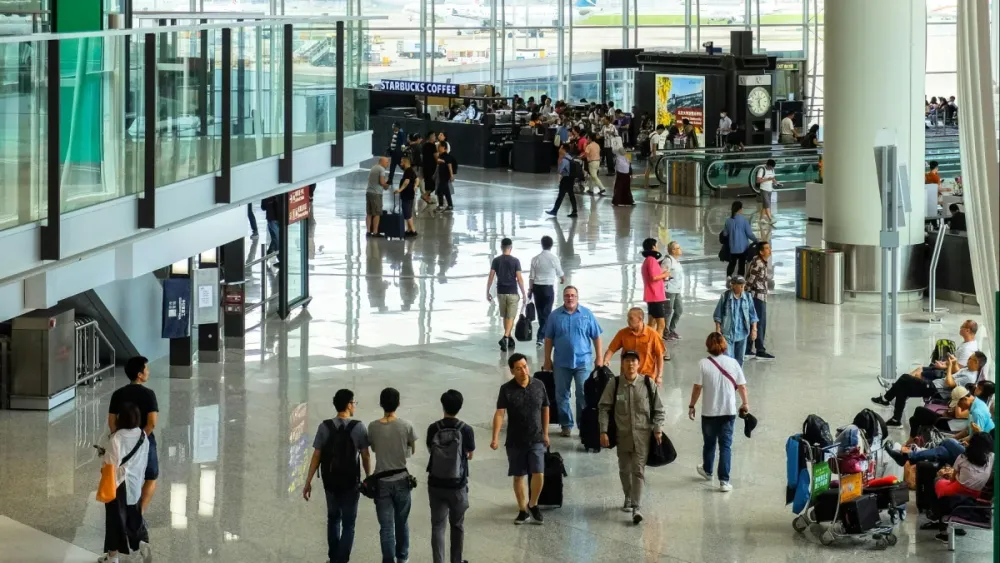
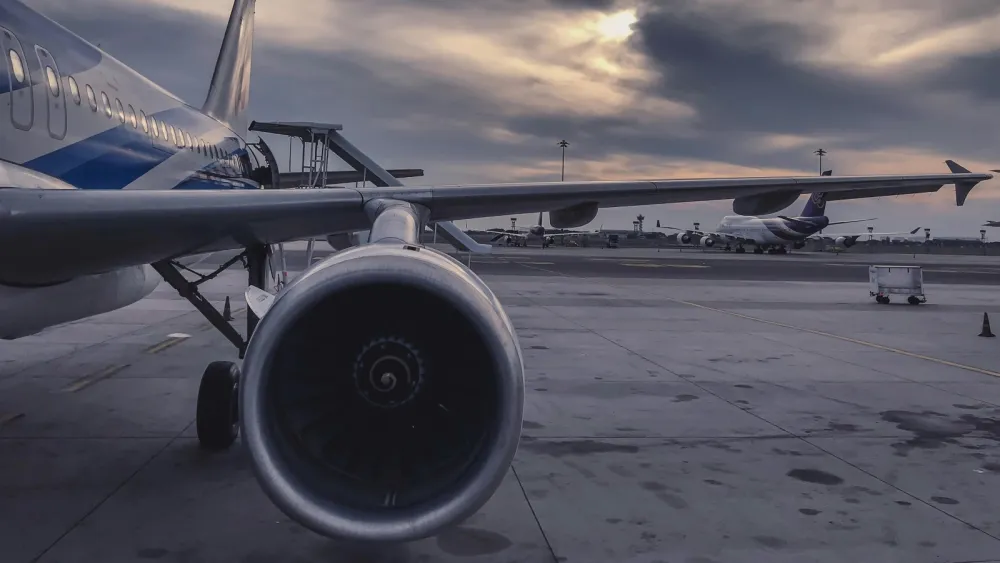



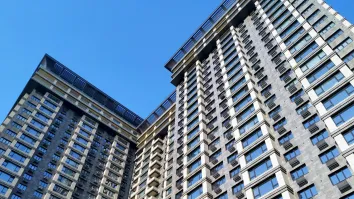
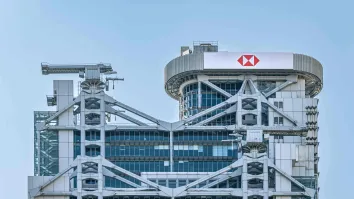












 Advertise
Advertise
